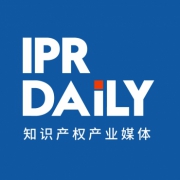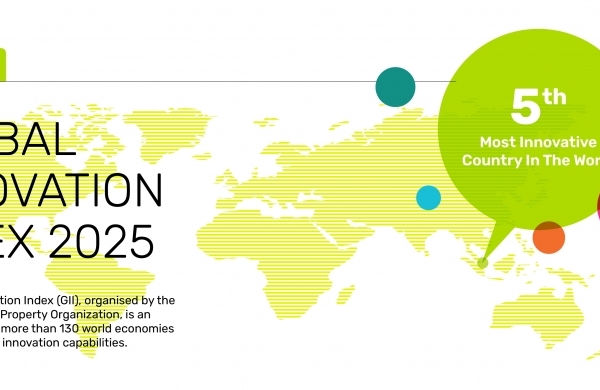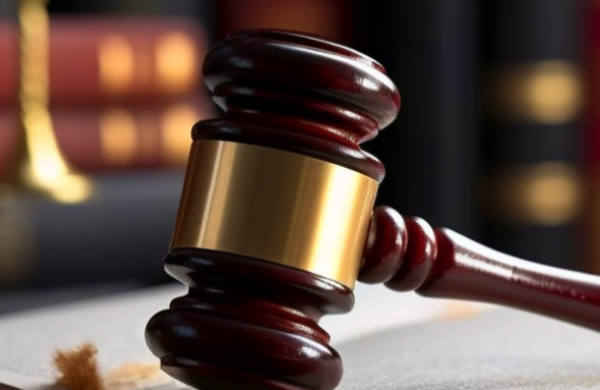Did not receive verification mail? Please confirm whether the mailbox is correct or not Re send mail

IPR Daily
- 2022-06-17 17:40:22
U.S. Copyright Claims Board to Begin Accepting Claims Later This Month
As reported by the Copyright Office, on June 16th, 2022, the Copyright Claims Board (CCB) would begin accepting certain copyright disputes with claims of up to $30,000.
The board is designed to resolve disputes more efficiently for creators.
Proponents of the board say it strengthens rights, while detractors worry about the consequences for artists.
claims of infringement,
claims for non-infringement, and
claims of "misrepresentation" in notices sent under the Digital Millennium Copyright Act (DMCA).
The initial fee for filing a claim will be $40, and
The second fee of $60 is due if the parties do not opt out and the claim meets the statutory requirements, at which point the proceeding becomes "active". As a result, entry costs are substantially less than those associated with filing a lawsuit in federal court.
SUMMARY
In accordance with the Digital Millennium Copyright Act, infringement claims as well as takedown notice disputes will be heard by the board. Defendants can also choose whether or not to participate in the procedure. Following the filing of a claim with the CCB, and the notice to the other party, it is possible to opt out of the CCB proceedings. In an opt-out scenario, the claimant will still be able to sue in federal court.
At the time of the CCB's creation, coalitions such as the Recording Industry of America and National Music Publishers' Association said the board would "strengthen creators' ability to protect their works against infringement online and promote a safer, fairer digital environment."
Details of the CCB's small claims dispute process can be found in the Copyright Office final rules, which were published until June 15:
Electronic Filings & Virtual Proceedings
For the most part, all filings with the CCB will be submitted through an online filing system called eCCB. There will be no need for parties to travel to Washington D.C., where the Copyright Office and CCB are physically located, for hearings and conferences.
Voluntary Participation
Participation in a CCB proceeding must be agreed upon by all parties. Any respondent may opt-out within 60 days of receiving notice for any reason. CCB may dismiss the claim against such a party if it opts out of the proceeding. However, the Claimant can still pursue the same claim in federal court.
Types of Claims
Claims and counterclaims can only be brought before the CCB under certain circumstances. Contrary to federal court, the CCB has jurisdiction over certain copyright-related cases, including but not limited to
Filing Fees
CCB proceedings will be governed by a two-tiered fee structure:
Representation
The hiring of counsel is not required in CCB proceedings even though parties can choose to be represented by an attorney. As part of CCB proceedings, law students may act pro bono as counsel in certain cases. It further reduces costs and increases accessibility for parties who benefit from resolving small copyright claims through the CCB instead of in federal court.
Discovery
Due to CCB's streamlined discovery procedures, only limited documents will need to be exchanged.
Relief
Injunctive relief cannot be granted by the CCB; it may award monetary damages of up to $30,000. (Statutory damages are $15,000 per work infringed). Generally, by order of the CCB, respondents will pay less than amounts available in federal court.
In exceptional cases, CCB may award attorneys' fees when a party has acted in bad faith, and CCB has other mechanisms in place to prevent abusive practices (e.g., a limit on the number of claims that can be filed per year). In cases where a party does not participate in a CCB proceeding, or stops participating in some cases, the CCB may enter a default determination against that party. In the event of a default, the CCB can dismiss a party's claims or counterclaims and order them to pay monetary damages.
About CCB
The Copyright Alternative in Small-Claim Enforcement Act of 2020, passed in December 2020, directed the Copyright Office to create the Copyright Claims Board (CCB).
The CCB website is due to launch on April 7, 2022, with the US Copyright Office as the administrative court. Certain civil copyright disputes will be heard by the CCB, including complaints of copyright infringement, declarations of non-infringement, and claims for misrepresentation in connection with a Digital Millennium Copyright Act takedown notice. Claims can only be filed for works for which a copyright registration or application for copyright registration has been filed prior to or simultaneously with filing a claim with the CCB.
According to Shira Perlmutter, the Copyright Office's head, "The CCB has been designed to beuser-friendly and will contribute to the Office's goal of Copyright for All, which aims to make the copyright system as understandable and accessible to as many members of the public as possible."
The procedure for filing a claim with the CCB is streamlined in order to make it as simple and quick as possible. In spite of this, the CCB has received opposition from public interest groups such as the Electronic Frontier Foundation and Public Knowledge. The opposition to the board claims that it gives copyright trolls a new way to harass and bankrupt artists and web users, while letting big corporations off the hook.
Source: IP Today
Editor: IPR Daily-Selly
- I also said the two sentence
- Also you can enter 140words
 TOP IPR U.S. Lawyers 10 & Firms 10 Selection Officially Launched by IPR Daily
TOP IPR U.S. Lawyers 10 & Firms 10 Selection Officially Launched by IPR Daily WIPO Global Innovation Index 2025: China Enters Top 10
WIPO Global Innovation Index 2025: China Enters Top 10 Singapore ranks 5th in the 2025 Global Innovation Index; climbed two spots in Innovation Outputs
Singapore ranks 5th in the 2025 Global Innovation Index; climbed two spots in Innovation Outputs Federal Circuit lacks jurisdiction over award that doesn’t raise issue of patent law
Federal Circuit lacks jurisdiction over award that doesn’t raise issue of patent law


